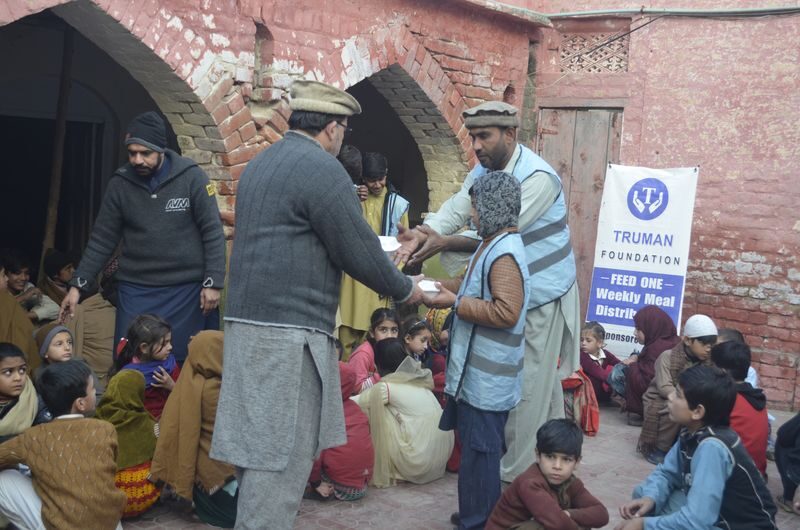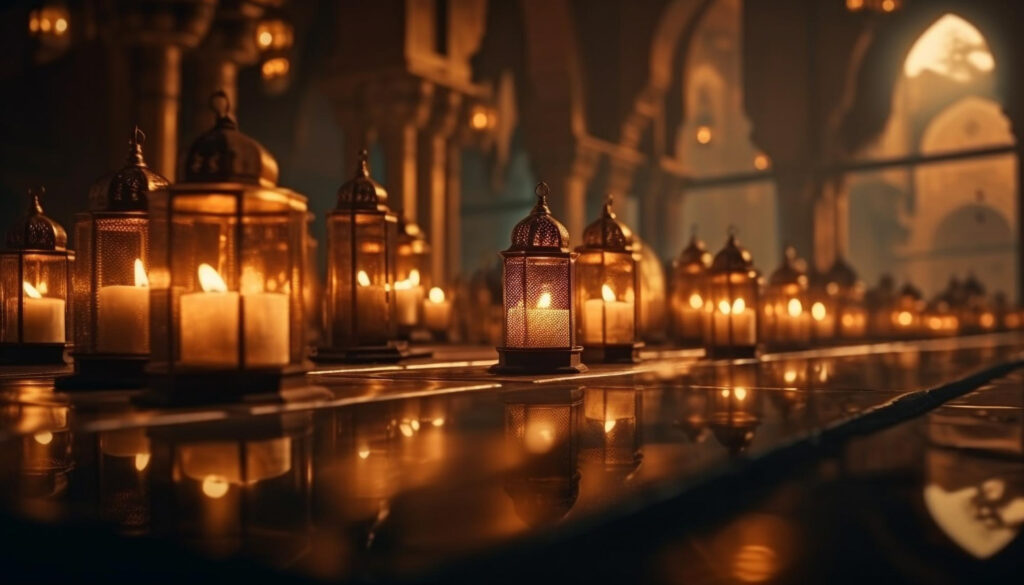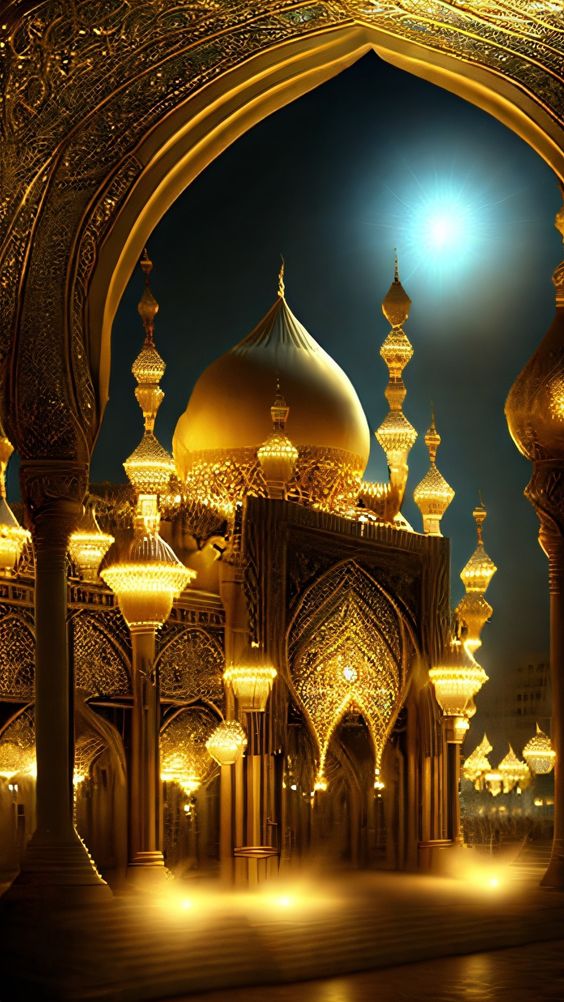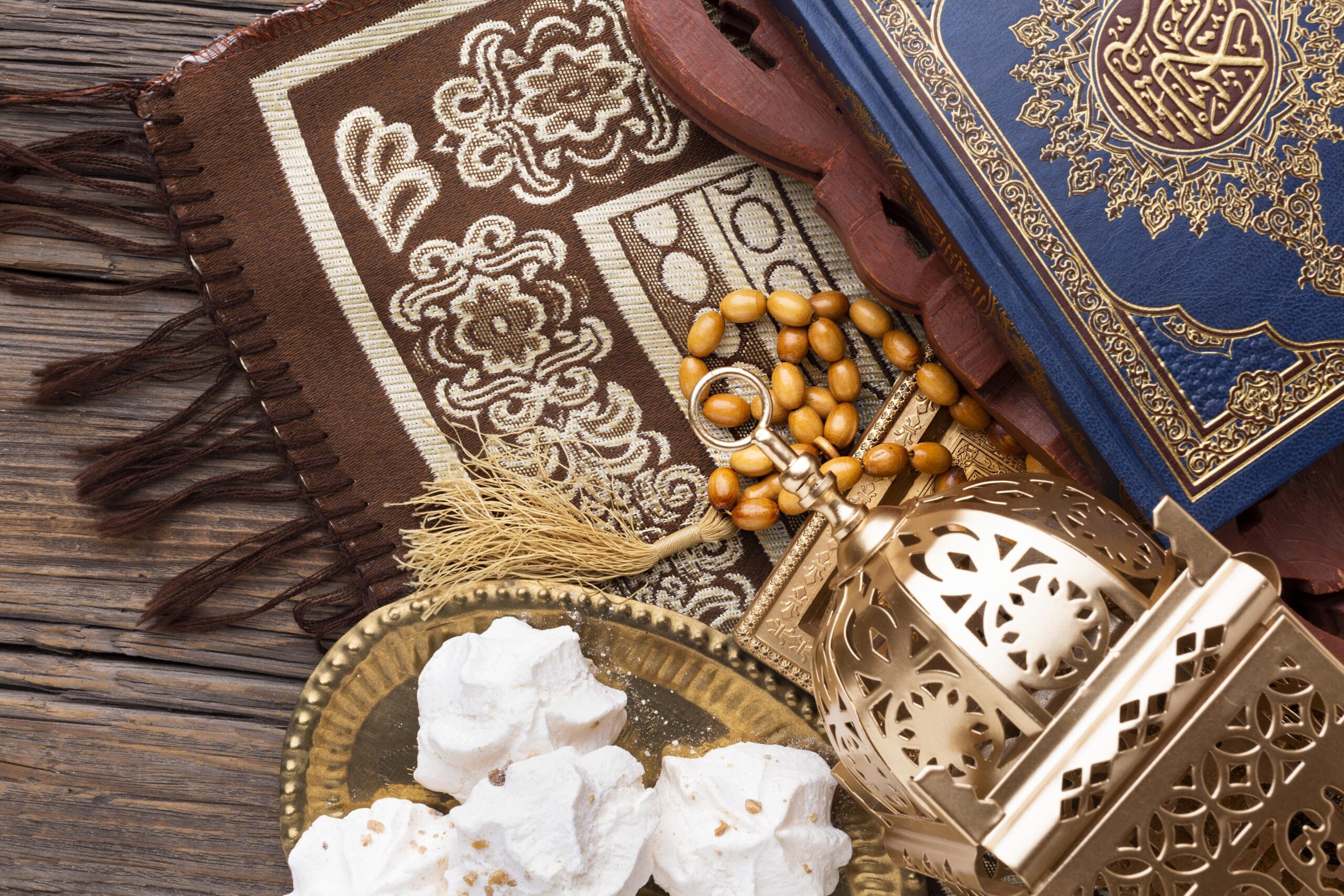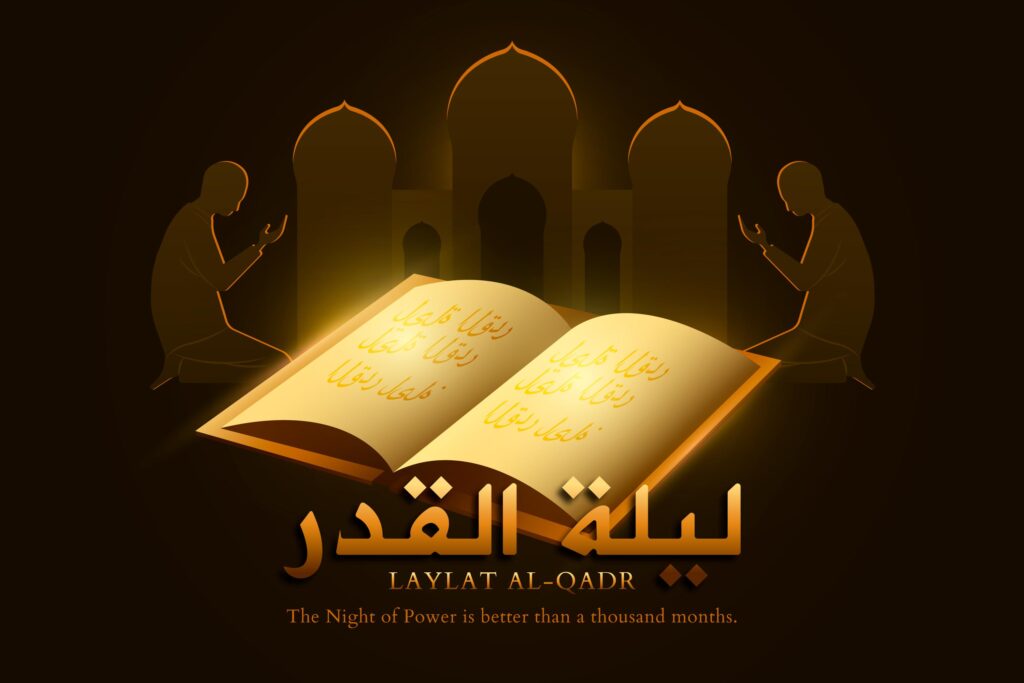Unlocking the Spiritual Treasures of the 23rd night of Ramadan
Ramadan, the holiest month in the Islamic calendar, is a time of fasting, prayer, reflection, and spiritual growth. As Muslims around the world observe this sacred month, each day holds its own significance. Among these, the 23rd day of Ramadan is particularly revered, holding profound spiritual treasures waiting to be unlocked.
The Most Blessed Night of Ramadan:
The 23rd night of Ramadan is believed to be one of the most blessed nights of the entire month. According to Islamic tradition, it is said that on this night, the Quran, the holy book of Islam, was revealed to Prophet Muhammad (peace be upon him) by the Angel Gabriel. This night, known as Laylat al-Qadr or the Night of Decree, falls within the last ten days of Ramadan and is described as better than a thousand months in the Quran.
Allah’s Messenger (ﷺ) said, “Search for the Night of Qadr in the odd nights of the last ten days of Ramadan
.”
- As Abu Hurairah reported, The Messenger of Allah (PBUH) said:
“When Ramadan begins, the gates of Jannah are opened, the gates of Hell are closed, and the devils are chained.” [Al-Bukhari and Muslim].
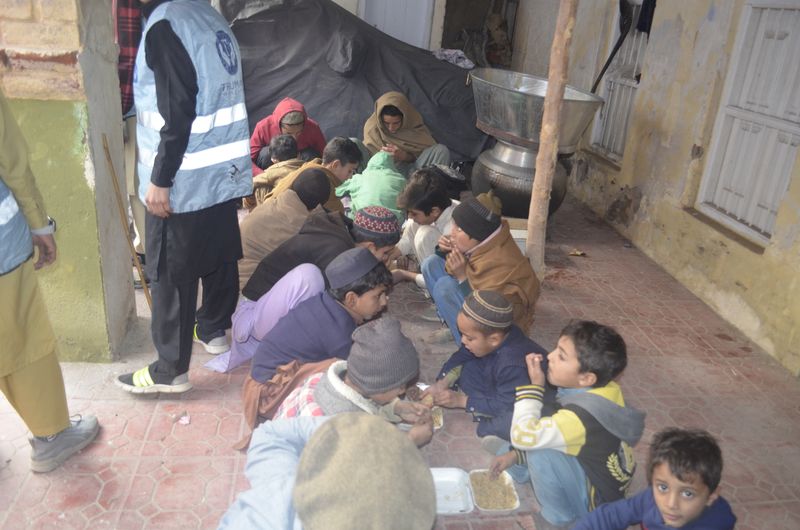
The Spiritual Significance of Ramadan:
Ramadan is a time for Muslims to increase their devotion to Allah, seek forgiveness for past sins, and purify their hearts and souls. It is a month of self-discipline, empathy for the less fortunate, and striving for spiritual growth. The 23rd day serves as a reminder of the culmination of these efforts, urging believers to seize the opportunity for heightened spiritual connection and reflection.
The last 10 days of Ramadan stand unparalleled in their spiritual significance, offering an outstanding opportunity for worship, righteous deeds, and spiritual elevation.
These nights are distinguished by divine acceptance of deeds and multiplied rewards. During these nights, Allah (SWT) selects those destined for Paradise, providing freedom from the torment of Hellfire.
Characterized by profound blessings, Muslims earnestly seek to draw nearer to Allah (SWT), engaging in numerous acts of piety and Quranic recitation.
Seeking Laylat al-Qadr
Laylat al-Qadr is described in the Quran as “better than a thousand months” (Quran 97:3),
Laylat al-Qadr is described in the Quran as “better than a thousand months” (Quran 97:3), emphasizing its significance. It is believed to occur on one of the odd-numbered nights during the last 10 days of Ramadan, although the exact date is not specified. Muslims engage in intense prayer, supplication, and remembrance of Allah, hoping to capture the blessings of this auspicious night.
“Indeed, ˹it is˺ We ˹Who˺ sent this ˹Quran˺ down on the Night of Glory. And what will make you realize what the Night of Glory is? The Night of Glory is better than a thousand months. That night, the angels and the ˹holy˺ spirit descend, by the permission of their Lord, for every ˹decreed˺ matter. It is all peace until the break of dawn.” [Al-Qadr 97: 1-5]
Narrated `Aisha: Allah’s Messenger (PBUH) used to practice I`tikaf in the last ten nights of Ramadan and used to say, “Look for the Night of Qadr in the last ten nights of the month of Ramadan.” [Sahih al-Bukhari 2020].
Lessons Taught by Ramadan:
Ramadan teaches invaluable lessons of patience, self-control, empathy, and gratitude. Fasting from dawn till sunset fosters empathy for those who are hungry and less fortunate, while refraining from negative behaviors cultivates self-discipline and spiritual awareness. The 23rd day serves as a reminder of the journey of self-improvement embarked upon during this blessed month.
‘Aishah (May Allah be pleased with her) reported: When the last ten nights (of Ramadan) would begin, the Messenger of Allah (PBUH) would keep awake at night (for prayer and devotion), awaken his family and prepare himself to be more diligent in worship. [Al-Bukhari and Muslim].
Benefits of Helping Needy During Ramadan
Charity holds a central place in Ramadan, with Muslims encouraged to give generously to those in need. The act of giving not only benefits the recipients but also brings immense spiritual rewards and blessings to the donor. It is an opportunity to purify one’s wealth and earn the pleasure of Allah.
“The best charity is that given in Ramadan.” [Jami` at-Tirmidhi 663].
Ways to Perform Good Deeds and Donate during Ramadan
There are numerous ways to perform good deeds and donate during Ramadan. From providing iftar meals to the hungry to supporting orphanages and sponsoring needy families, the opportunities for charity are abundant. Engaging in acts of kindness and generosity not only benefits others but also enriches one’s own spiritual journey.
Moral and Spiritual Benefits of Fasting:
Fasting during Ramadan is not merely abstaining from food and drink; it encompasses a holistic approach to spiritual purification and moral upliftment. It instills qualities such as patience, perseverance, and mindfulness. Fasting also serves as a means to attain Taqwa, or God-consciousness, and strengthen one’s relationship with Allah.
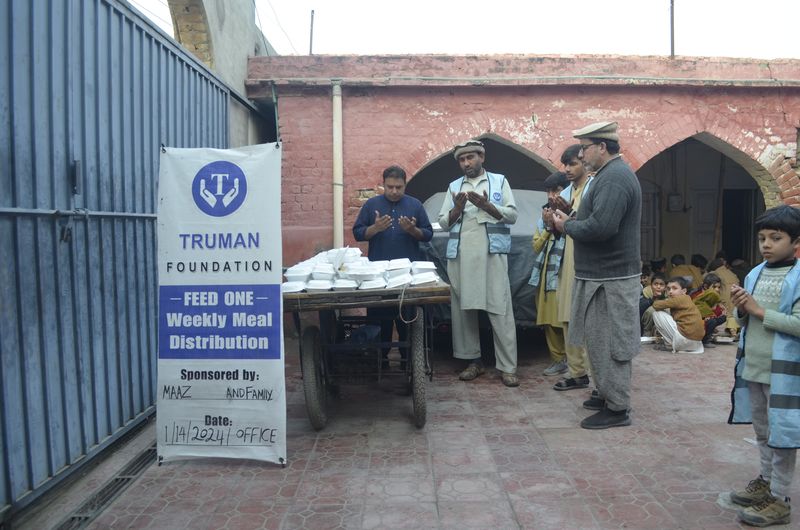
The 23rd day of Ramadan is a significant milestone in the spiritual journey of every Muslim. It symbolizes an opportunity to unlock the abundant spiritual treasures that lie within this blessed month. As we reflect on the lessons of Ramadan, let us strive to embody its teachings of compassion, self-discipline, and spiritual growth not only on this day but throughout our lives.
Learn more about the significance of the Last 10 Days of Ramadan here.




